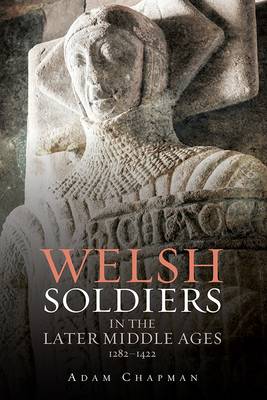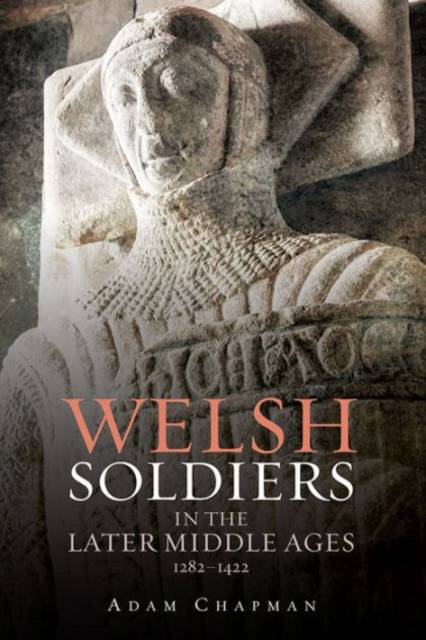
- Afhalen na 1 uur in een winkel met voorraad
- Gratis thuislevering in België vanaf € 30
- Ruim aanbod met 7 miljoen producten
- Afhalen na 1 uur in een winkel met voorraad
- Gratis thuislevering in België vanaf € 30
- Ruim aanbod met 7 miljoen producten
Zoeken
Omschrijving
"Not only the leaders but the entire nation are trained in war. Sound the trumpet for battle and the peasant will rush from his plough to pick up his weapons as quickly as the courtier from the court." So wrote Gerald of Wales at the end of the twelfth century; and war continued to define the experiences of Welshmen in the succeeding years. This book explores the role of the Welsh in England's armies and in England's wars between Edward I's conquest of Wales in the 1280s, through the wars in Scotland and France and the revolt led by Owain Glyndwr, concluding with Henry V's conquest of Normandy following his victory at Agincourt in 1415. It examines the structure and composition of armies and the social networks and hierarchies which underpinned them: what sort of Welshmen became soldiers? How was Welsh society organised for war? What impact did wider political considerations have upon Welshmen in England's armies? These questions are answered using both well-known sources, such as the financial records of the English crown, and others less familiar, including the records of local administration and the large surviving corpus of Welsh-language poetry. Adam Chapman is Editor and Training Coordinator with the Victoria County History of the Counties of England at the Institute of Historical Research, London.
Specificaties
Betrokkenen
- Auteur(s):
- Uitgeverij:
Inhoud
- Aantal bladzijden:
- 282
- Taal:
- Engels
- Reeks:
- Reeksnummer:
- nr. 40
Eigenschappen
- Productcode (EAN):
- 9781783270316
- Verschijningsdatum:
- 20/08/2015
- Uitvoering:
- Hardcover
- Formaat:
- Genaaid
- Afmetingen:
- 156 mm x 234 mm
- Gewicht:
- 580 g

Alleen bij Standaard Boekhandel
+ 354 punten op je klantenkaart van Standaard Boekhandel
Beoordelingen
We publiceren alleen reviews die voldoen aan de voorwaarden voor reviews. Bekijk onze voorwaarden voor reviews.








